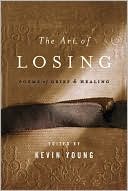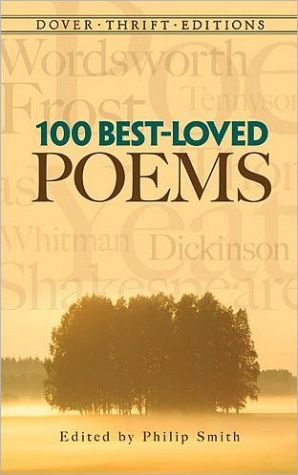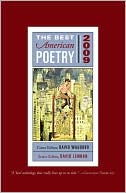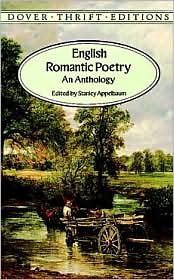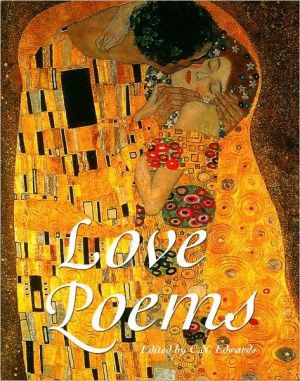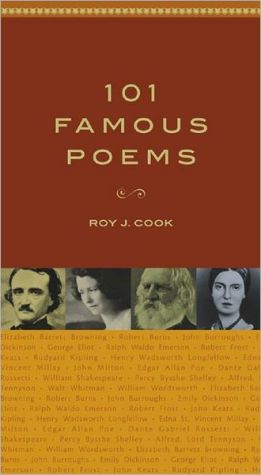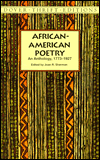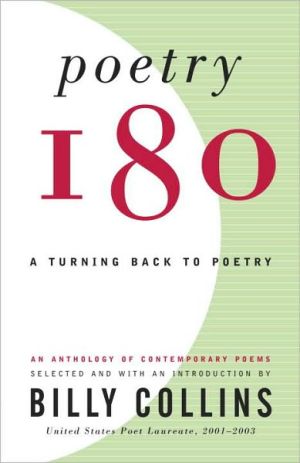Art of Losing: Poems of Grief and Healing
Search in google:
Poetry serves a unique role in our lives, distilling human experience and emotion down to truths as potent as they are brief. There are two times most people turn to it: for love and loss. Although collections of love poetry abound, there are very few anthologies for the grieving. In The Art of Losing, editor Kevin Young Kevin Young has introduced and selected 150 devastatingly beautiful poems that embrace the pain and heartbreak of mourning. Divided into five sections (Reckoning, Remembrance, Rituals, Recovery, and Redemption), with poems by some of our most beloved poets as well as the best of the current generation of poets, The Art of Losing is the ideal a gift for a loved one in a time of need and for use by ministers, rabbis, and palliative care workers who tend to those who are experiencing loss. Among the poets included: Elizabeth Alexander, W.H. Auden, Amy Clampitt, Billy Collins, Emily Dickinson, Louise Gluck, Ted Hughes, Galway Kinnell, Kenneth Koch, Philip Larkin, Li-Young Lee, Philip Levine, Marianne Moore, Sharon Olds Mary Oliver, Robert Pinsky, Adrienne Rich, Theodore Roethke, Anne Sexton, Wallace Stevens, Dylan Thomas, Derek Walcott, and James Wright.Publishers WeeklyYoung (Dear Darkness) is not only a prolific and acclaimed poet, but also the editor of several anthologies of poems, by African-American poets, inspired by the blues and jazz, and from the body of work by John Berryman. This latest anthology is his most topical, and, perhaps, his most useful, gathering poems about suffering and overcoming loss. Organized around subjects such as “Regret,” “Remembrance,” and “Ritual,” this book includes poets both canonical and contemporary, with perhaps a refreshingly larger helping of the latter: poets like Marianne More, Philip Larkin, and Elizabeth Bishop join newer names like D.A. Powell, Matthew Dickman, and Meghan O'Rourke; there are also plenty of reigning masters, like Louise Glück. “Death is nature's way/ of telling you to be quiet,” writes Franz Wright, somewhat harshly. With calmer acceptance, Theodore Roethke reminds us of the need to “wake to sleep, and take my waking slow.” While these poems won't offer easy answers to grief, they will keep the kind of company that only poetry can, because only poetry can convincingly say, as Ruth Stone does in the last poem of this book, “All things come to an end./ No, they go on forever.” (Mar.)
